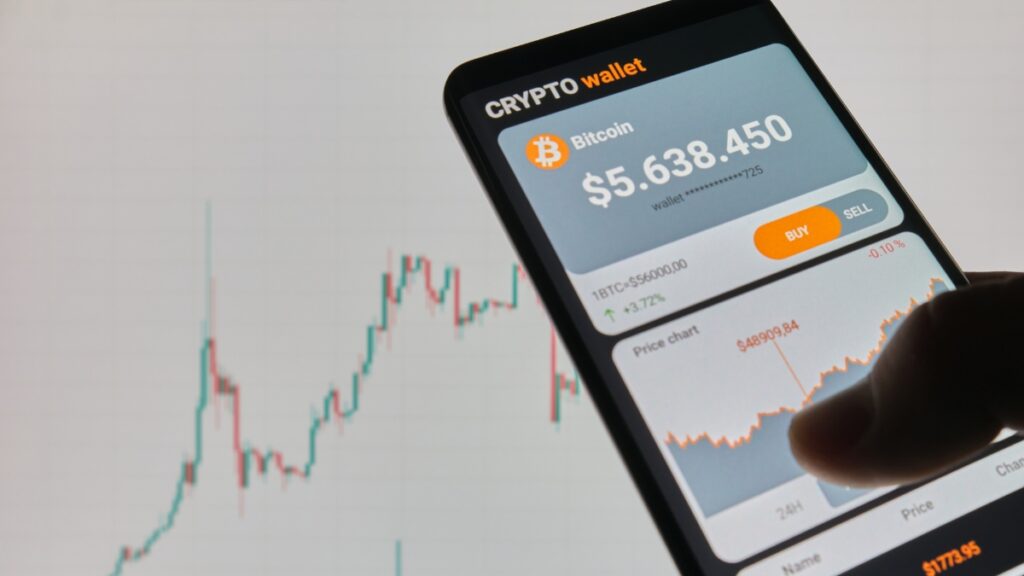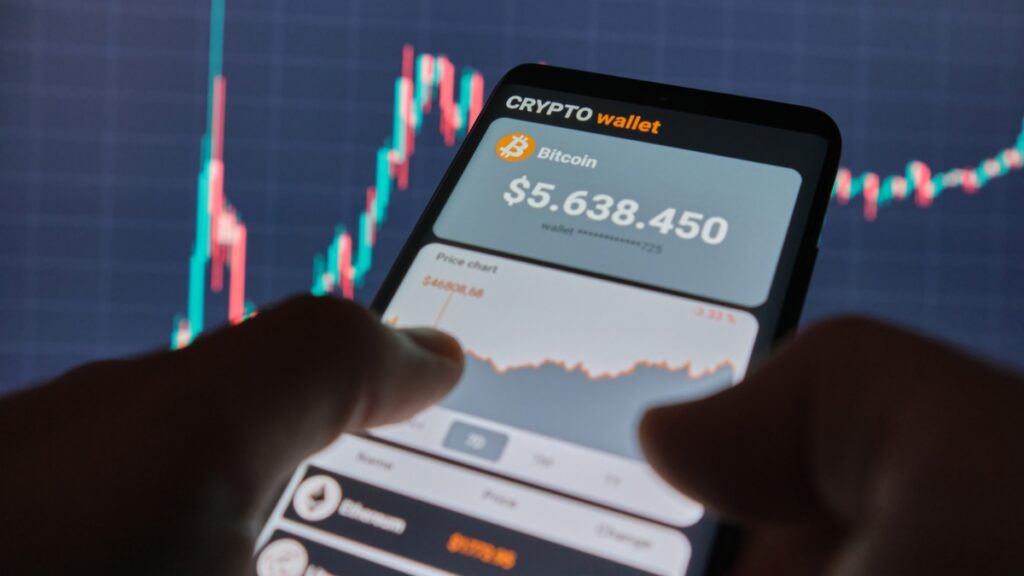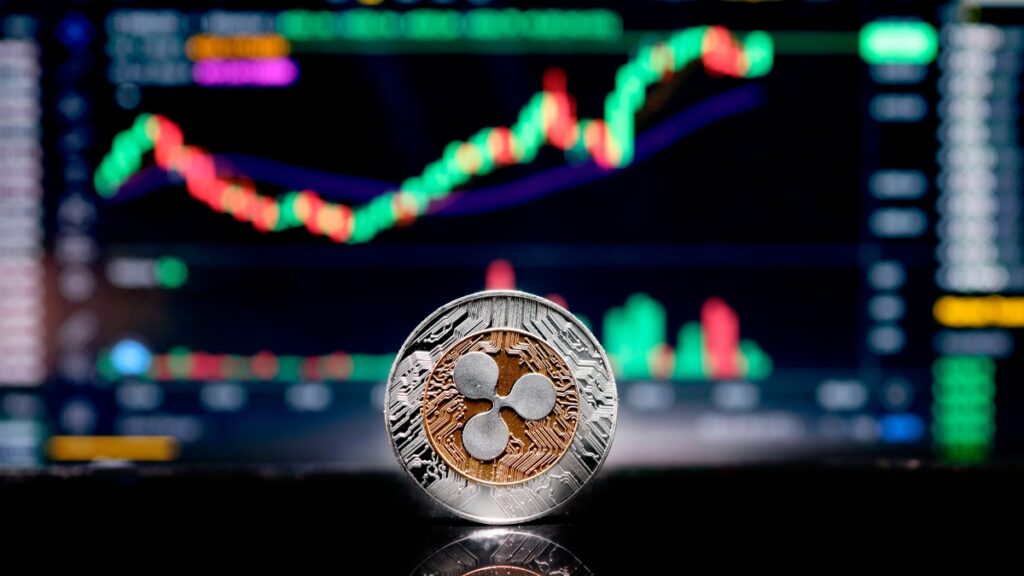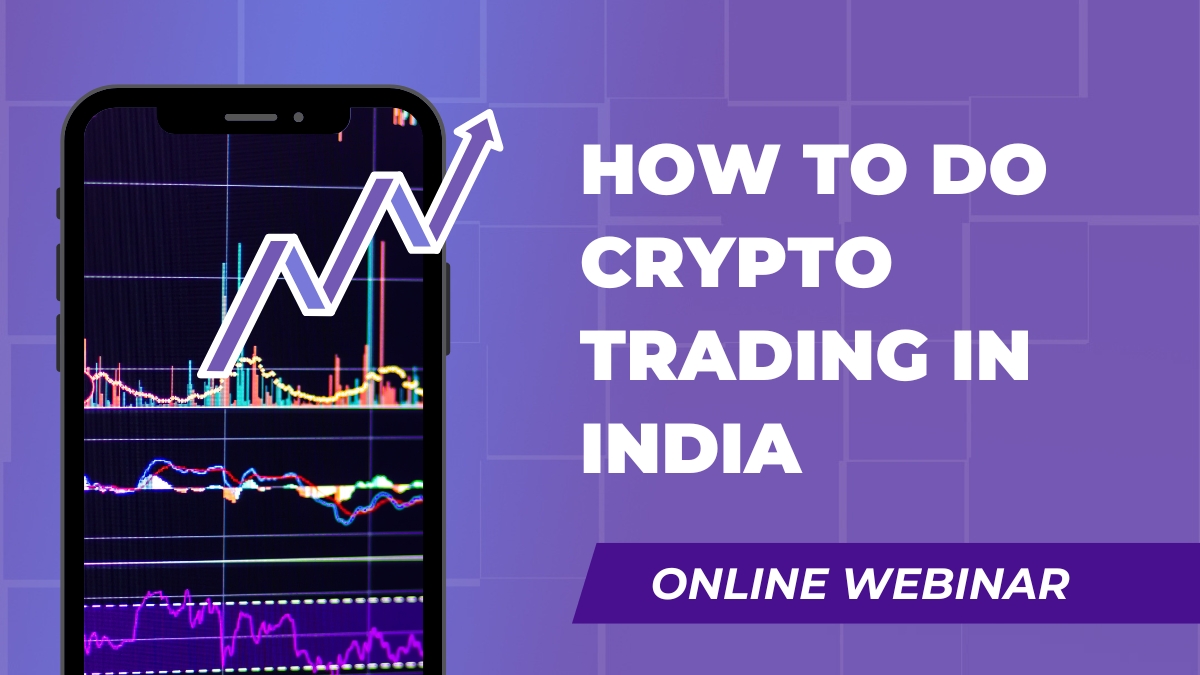How to Do Crypto Trading in India
India’s cryptocurrency scene is a vibrant tapestry. From enthusiastic young investors to seasoned traders, the buzz around digital assets is undeniable.
But navigating this exciting yet complex terrain can be daunting, especially for newcomers. Fear not, fellow voyager!
This comprehensive guide will equip you with the knowledge and tools to conquer the Indian crypto market.
Before You Dive In Understanding the Crypto Landscape
- Demystifying Cryptocurrency: Cryptocurrencies are digital assets built on blockchain technology, secure networks that track ownership and transactions transparently. Bitcoin, Ethereum, and Litecoin are just a few examples.
- The Indian Regulatory Reality: India doesn’t have a specific legal framework for cryptocurrencies. However, they are not explicitly banned either. This grey area creates both opportunities and challenges.
Getting Started: Setting Up Your Crypto Journey

Choosing a Reliable Exchange:
This is your gateway to the crypto world. Research reputable exchanges like Zebpay, CoinDCX, and WazirX, considering factors like security, user interface, and supported currencies.
Know Your KYC/AML Rules:
Indian exchanges comply with KYC (Know Your Customer) and AML (Anti-Money Laundering) regulations. Be prepared to submit government-issued IDs and other verification documents.
Funding Your Account:
Link your bank account or use UPI (Unified Payments Interface) to deposit funds into your exchange wallet. Different platforms offer various deposit options.
Trading Basics: From Novice to Navigator
- Market Orders vs. Limit Orders: Market orders buy/sell at the current market price, while limit orders specify your desired price, offering more control but potentially delaying execution.
- Understanding Bid and Ask: Bidders offer to buy at a specific price, while Askers offer to sell. The “spread” between these prices is your trading cost.
- Trading Strategies for Different Appetites: Day trading involves frequent short-term buys and sells for quick profits, while swing trading focuses on holding positions for days or weeks. Long-term investing aims for steady growth over the years.
The Technical Toolbox: Essential Tools for Informed Trading

- Technical Indicators: Moving averages, Bollinger Bands, and Relative Strength Index (RSI) are popular tools to analyze price trends and identify potential buy/sell signals.
- Fundamental Analysis: Researching project whitepapers, team backgrounds, and market news can help you assess a cryptocurrency’s long-term potential.
- Portfolio Management: Diversify across different cryptocurrencies and asset classes to mitigate risk. Start small and scale up as your knowledge and confidence grow.
Staying Safe in the Crypto Jungle: Essential Precautions
- Vital Password Hygiene: Create unique and complex passwords for your exchange accounts and use two-factor authentication (2FA) for an extra layer of security.
- Beware of Scams: Phishing emails, fake websites, and pump-and-dump schemes are rampant. Be cautious of unsolicited offers and verify information before investing.
- Never Share Private Keys: Your private key is like a master key to your crypto holdings. Never share it with anyone, not even the exchange support.
Beyond the Trade: Building a Sustainable Crypto Future in India

- Stay Informed: Follow reputable news sources, attend crypto events, and participate in online communities to stay updated on industry developments and regulations.
- Contribute to the Ecosystem: Advocate for responsible crypto adoption and support initiatives that promote financial literacy and awareness.
- Embrace the Long Term: Remember, crypto is a volatile asset class. Invest with a long-term perspective, focusing on the underlying technology and potential rather than short-term gains.
Conclusion:
The Indian crypto market is brimming with opportunity but also demands caution and education. By understanding the fundamentals, making informed decisions, and prioritizing security, you can chart your course towards success in this dynamic and evolving landscape.
So, embark on your crypto journey with knowledge as your compass and prudence as your guide. Remember, the future of crypto in India is being written by each informed and responsible participant, including you!
How to Do Crypto Trading in India How to Do Crypto Trading in India How to Do Crypto Trading in India How to Do Crypto Trading in India How to Do Crypto Trading in India How to Do Crypto Trading in India How to Do Crypto Trading in India How to Do Crypto Trading in India How to Do Crypto Trading in India
